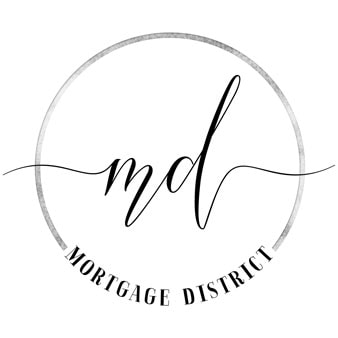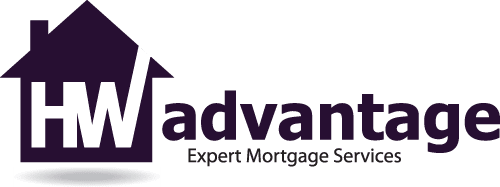Self Employed Mortgage: The Ins and Outs
While self-employed professionals often have a harder time qualifying for a mortgage, it’s not impossible. Any person qualifying for a mortgage will have their application vetted based on the same 3 main principals. Income, Credit and Down Payment. The reason so many self-employed people have difficulties arranging a mortgage surrounds their ability to PROVE a consistent INCOME.
Here are some questions that mortgage lenders ask when qualifying any self employed mortgage applicant:
Question #1: How long have you been earning income with your business?
New businesses are considered higher risk by banks. AAA lenders require a minimum two years of business activity and two years of income tax returns from that client (business owner) compared to a salaried employee that only needs a letter of employment and a current pay stub.
Question #2: How much have you earned after deductions?
This is where self-employed people find the most difficulty. Self-employed people have business expenses (“write offs”) which are deducted from business revenues (total income). The income after deductions is considered that individual’s total income. If the company is incorporated then it is set up a little differently, however the result is often essentially the same.
Let’s look at this scenario: Jose earns $150,000 per year as a home contractor/renovator. However the cost of materials, paying other trades people, vehicle expenses, cell phone, home office costs and utilities, meals and entertainment, travel and gifts are all deducted from that income so his personal declared income (Line 150) ends up being just $40,000. To qualify for a mortgage banks use that $40,000 per year to qualify, which in today’s GTA market doesn’t go very far.
There are “stated income” programs still offered by some banks, however rates and insurance premiums are higher than regular mortgages. In these cases lenders will use a more reasonable income amount to help the self-employed person qualify for the mortgage. For example in Jose’s case they may use a stated income of around $90,000 (In between $150,000 and $40,000). However you credit ranking and down payment must be very good in order to be a candidate for this program.
As banks continue to tighten their lending practices I expect it to get more difficult for self-employed borrowers to qualify for a mortgage.
My tip if you are looking for a self employed mortgage:
If you are self-employed and coming up to either a mortgage renewal or looking at a first mortgage, consider discussing your financial situation with a mortgage professional as well as your accountant. Together your team can ensure you are setting yourself up for homeownership success.
Thanks for reading.
Harrison
Contact the HW Advantage today for information on your self employed mortgage by filling out the form below or calling 1-905-541-6961:


